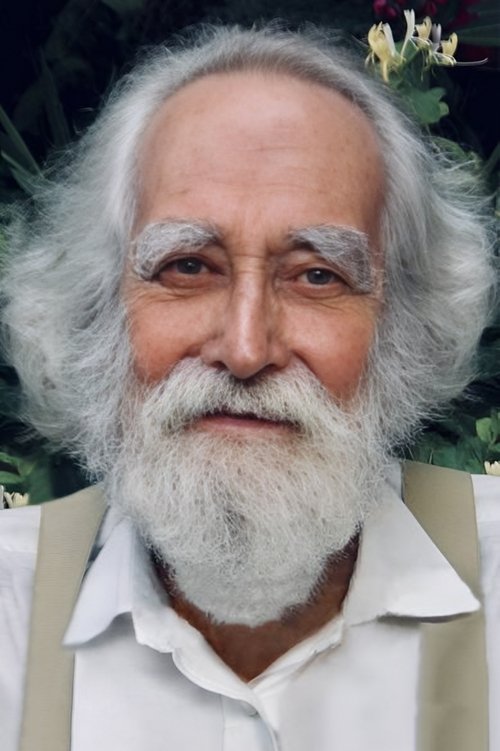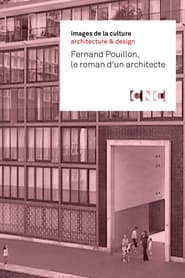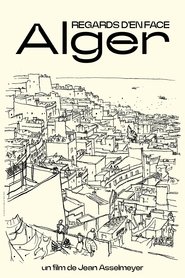detail profile jean jacques deluz

Jean-Jacques Deluz
ジャン=ジャック・ドゥルーズ
atau dikenal sebagai
Riwayat Hidup
Jean-Jacques Deluz, born April 8, 1930 in Lausanne and died April 30, 2009 in Algiers, was a Swiss architect and urban planner.
He settled in Algiers in 1956, where he lived and worked until his death in 2009, when he was buried.
Through his work—his buildings, his writings, and his teaching—he is one of the most important figures in modern Algerian architecture.
Jean-Jacques Deluz, born in Lausanne in 1930, arrived in Algiers almost by chance in the mid-1950s.
Upon his arrival in 1956, the young Swiss architect joined the firm of architects Alexis Daure and Henry Béri, before collaborating on urban planning with Gérald Hanning at the Algiers Planning Agency, which he took over as director in 1959.
Equipped with a solid background and a strong presence within Algiers' modernist elite, alongside Louis Miquel, Marc Emery, Roland Simounet, and other architectural figures, he opened his own architectural practice after independence.
In 1964, he began a teaching career that lasted until 1988, training generations of students in classical and modern architecture, while also imparting to them a keen vision of the city.
An architect and urban planner, Deluz favored a modest and demanding approach, combining respect for sites, territories, and landscapes.
Faithful to the teachings of Fernand Pouillon, he rejected ostentatious gestures.
His achievements included the extension of the Polytechnic School of Architecture and Urban Planning and later the project for the new city of Sidi Abdellah, which would remain very dear to his heart.
The Algiers School of Architecture was originally a project conceived by architect Oscar Niemeyer.
To accommodate the ever-growing number of students, in the 1980s, architect-teacher Jean-Jacques Deluz was entrusted with the expansion of the School of Architecture.
While respecting the continuity of the overall layout, Deluz optimized the space and cost of the project by contrasting the elongated and fluid volumes designed by the Brazilian architect with the rigor of a grid and superimposing simple cubic volumes that adhere to a rationalist vision.
After numerous projects in Algeria, in the midst of the chaos of the Black Decade in 1993, Deluz was forced to leave Algeria after a final site visit to Constantine.
In 1997, he returned: he worked with the Governorate of Greater Algiers and designed the new city of Sidi Abdellah.
He painted when architecture "allowed him to breathe": "My painting is confidential," he confided.
Algiers, the true guiding thread of his life, became the subject of his writings.
He devoted two major works to it: Urban Planning and Architecture of Algiers (1988) and Algiers: Urban Chronicle (2001).
Long ill, Jean-Jacques Deluz continued to read, write, paint, and work alongside his partner, photographer Magda Taroni.
True to his humanist credo, he wrote: "In discouraging conditions, nothing is more urgent for man than poetry.
" In his final months, he tirelessly revised the proofs of his forthcoming book, The Whole and the Fragment, gathering his professional writings since his arrival in Algiers.
Jean-Jacques Deluz died on Thursday, April 30, 2009, and was buried on May 2, 2009, at the El Alia cemetery in Algiers.
Info Pribadi
Peran Yang Di Mainkan Jean-Jacques Deluz
 Constructing freestone buildings on the cheap...
Constructing freestone buildings on the cheap...Fernand Pouillon, Le roman d'un architecte 2003
Constructing freestone buildings on the cheap, Pouillon made a name for himself at the end of the 1940s in Aix-en-Provence and Marseille, shaking up his peers who only dreamed of towers and concrete bars. In Algiers, until Independence, he built in record time thousands of homes for the poorest, real urban projects inspired by traditional forms. In the Paris region, to build comfortable buildings quickly and well, nestled in the greenery, he becomes a promoter: this too adventurous bet leads him to prison and retains his reputation. Not very explicit about this complex affair, but seduced by a contemporary architecture that combines technical inventiveness and ancient references, Christian Meunier films by multiplying the angles of view. Today's lively atmospheres are interspersed with archive footage, while Pouillon's writings are read off. Moved, his collaborators evoke a demanding and generous man, with an infectious passion.
 It is with the architect JeanJacques...
It is with the architect JeanJacques...Regards D'en Face - Alger 2003
It is with the architect Jean-Jacques Deluz, that we visit Algiers, "his city" since 1960 and that he left only two years during the worst moments of terrorism. From the Casbah, in the 19th century center, including the cities of Fernand Pouillon and Bab El Oued to arrive at the new city of Maelma which he built today. Tender look, but without concessions at the same time architectural promenade and meetings with actors of art and culture: Djamel Allam, the singer Kabyle, Djamel Amrani, the poet, friend of Jean Sennac, Mohamed Ben Gettaf, Dramaturge and director of the theater of Algiers, Souad Delmi-Bourras, young designer Boudjemàa Kareche, director of the Algerian cinema, Amine Kouider, conductor, who relaunches the opera in Algeria, the painter Malek Salah, and others. A look at Algeria and the Algerians, far from the clichés of certain media, the bias being to seek signs of hope rather than "blood and tears".
